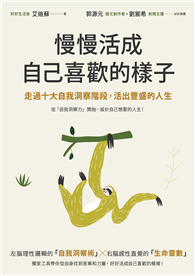This book considers the idea that existing leadership theories have arisen as a result of significant disruption in work structure. The authors argue that the Covid-19 pandemic provided such a disruption and an opportunity to reconceptualise leadership. In order to capture this opportunity and conceptualise new leadership theories, it is first necessary to understand what happened in the past, during the pandemic, and examine the future of work.
Addressing three critical issues in leadership, the authors firstly present a framework that helps us understand and enact leadership in the ’new normal.’ Parts 1 and 2 of the book address the past and current forms of leadership in the context of COVID-19. The book goes on to consider the lessons learned from COVID-19 in the context of the U.N Sustainability Development Goals (SDGs). The targets of SDGs 7 - 17 refer to the need for organisations to operate responsibly; they call for organisations to review their operations processes and to define effective performance using triple-bottom-line measures comprising economic, social and environmental measures. Since leadership plays a significant role in achieving these goals, the book includes chapters on efficiency in process design and operation, definition and implementation of the triple-bottom-line measures and ethical behaviours. Finally, the book explores how the current process of leadership development falls short in today’s context and calls for the need to develop effective leadership mindsets










